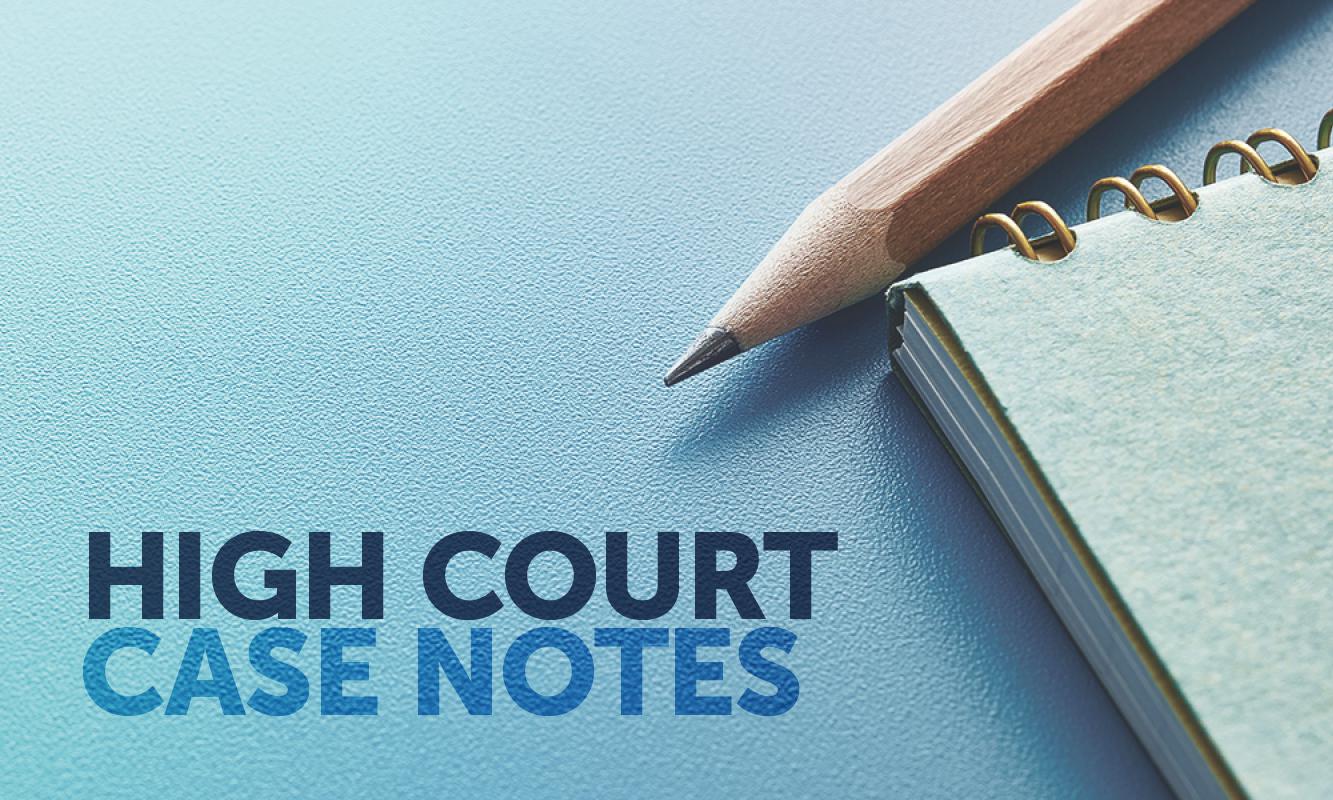In the recent decision of Google LLC v Defteros,1 the High Court ruled that Google was not a publisher of a defamatory news article hyperlinked in its search results.
It was concluded that the provision of a hyperlink to a defamatory matter did not constitute the act of publishing the material. Google’s search engine merely facilitated access to an article released by The Age, and Google was therefore not responsible for the defamatory matter that appeared in the search.
Background
The Age newspaper published an article in 2004 that reported on a Victorian criminal lawyer charged with conspiracy and incitement to murder. Criminal charges were subsequently withdrawn by the Director of Public Prosecutions.
In 2016, the lawyer discovered that when his name was entered into Google, a link was provided to the full article on The Age’s website. He requested for Google to remove the search result, but it refused.
The lawyer subsequently commenced defamation proceedings and alleged that Google had assisted in publishing the material, as the search result was instrumental in the communication of the article.
At first instance, the trial judge found that Google had assisted in the publication of the web matter, and this was upheld by the Victorian Court of Appeal. Google then sought special leave to appeal to the High Court, which was granted.
Findings of the court
The High Court considered whether Google’s act of providing the search results amounted to an act of participation in communication of a defamatory matter.2
A 5-2 majority found the provision of a search result and hyperlink had no connection to the article’s creation; Google had in no way approved or encouraged for it to be created, nor did they participate in its publication in The Age’s website directly.
Kiefel CJ and Gleeson J distinguished the circumstances from Webb and Voller,3 and acknowledged that Google did not approve the writing of the defamatory matter for the purposes of publication; did not contribute to publication of the article on The Age’s webpage; did not provide a place where its contents could be communicated; nor did it encourage the writing of comments in response to the article.4
This decision provided further clarity on the law of online publication following Voller, where a majority of the court held that acts of media companies in encouraging and assisting the posting of comments by Facebook users rendered those providers as “publishers” of the comments.
At [53] Kiefel CJ and Gleeson J noted:
“A search result is fundamentally a reference to something, somewhere else. Facilitating a person’s access to the contents of another’s webpage is not participating in the bilateral process of communicating its contents to that person. To hold that the provision of a hyperlink made the appellant a participant in the communication of the article would expand the principles relating to publication.”5
Edelman J and Steward J also concluded that Google’s role in providing search results to users “rose no higher than that of mere assistance or facilitation” and that Google “in no way participated in the vital step of publication without which there could be no communication of defamatory material”.6
Keane J and Gordon J dissented from the majority view with separate findings. Keane J concluded that Google was a publisher, as the search engine assisted people to comprehend defamatory material.
Similarly, Gordon J emphasised the sophistication of Google’s web crawler systems and the commercial benefit that Google obtained through operation of the search engine provided a clear rebuttal for any allegation that Google was a “passive” participant in the dissemination of the material to its audience.
Conclusion
The decision of the court provides a distinction between facilitation and publication, and reflects the need to consider the principles of defamation in the face of technological change.
While these findings provide some clarification to tech intermediaries in the evolving online world, the decision has invited contextual scrutiny to circumstances of disseminating information online. The context and content of hyperlinks will remain increasingly important.
In view of the split decision of the court, close analysis must be had on defamatory material accessible by hyperlink, to ensure it does not adopt or endorse the content, or encourage access of users.
Sarah Millar is a Law Clerk in the QLS Ethics and Practice Centre. This article has been approved by Grace van Baarle, Manager, Ethics Solicitor, QLS Ethics and Practice Centre.
Footnotes
1 Google LLC v Defteros [2022] HCA 27 (Google).
2 Ibid [24].
3 Webb v Bloch [1928] HCA 50; 41 CLR 331, Fairfax Media Publications Pty Ltd v Voller; Nationwide News Pty Limited v Voller; Australian News Channel Pty Ltd v Voller [2021] HCA 27 (Voller).
4 Google [n1] Ibid [49].
5 Ibid[53].
6 Ibid [219].














Share this article